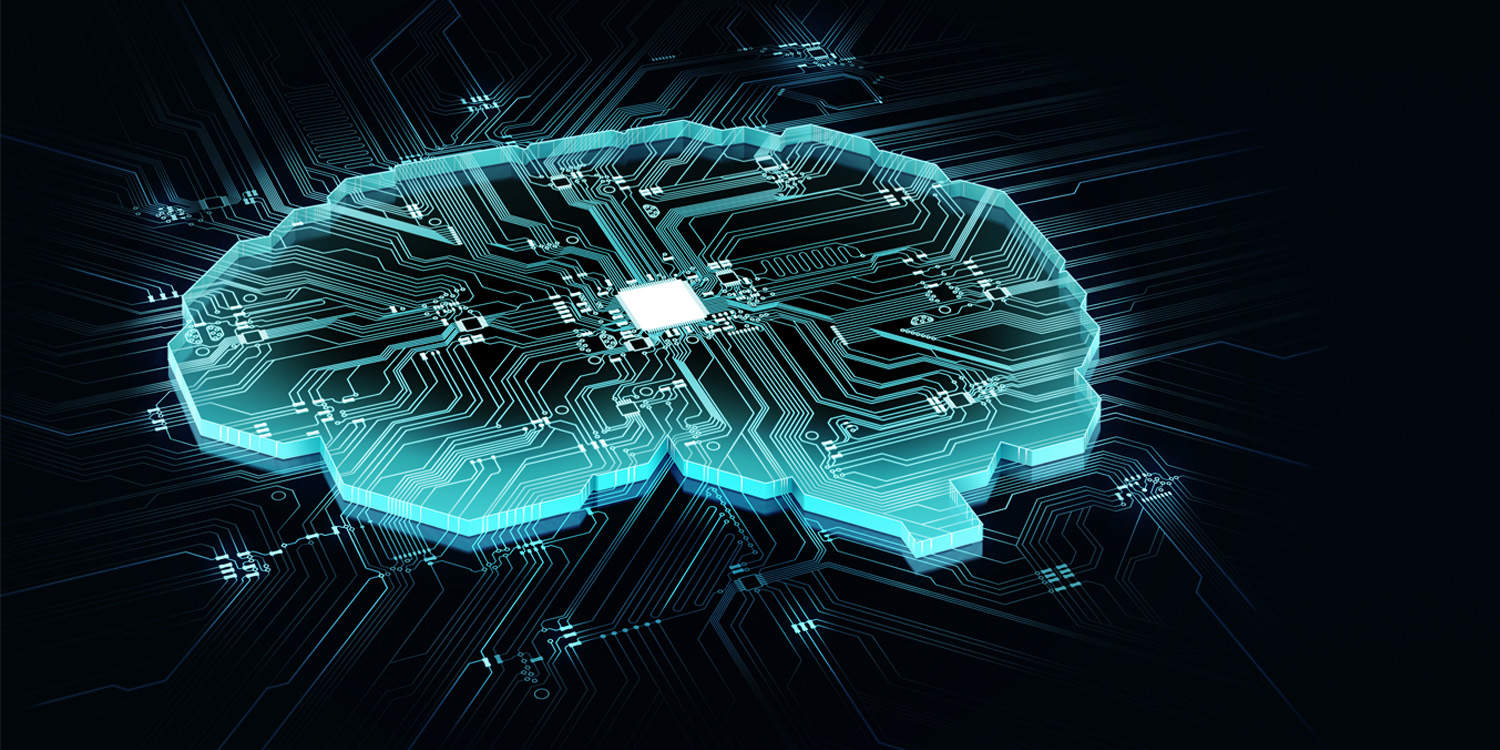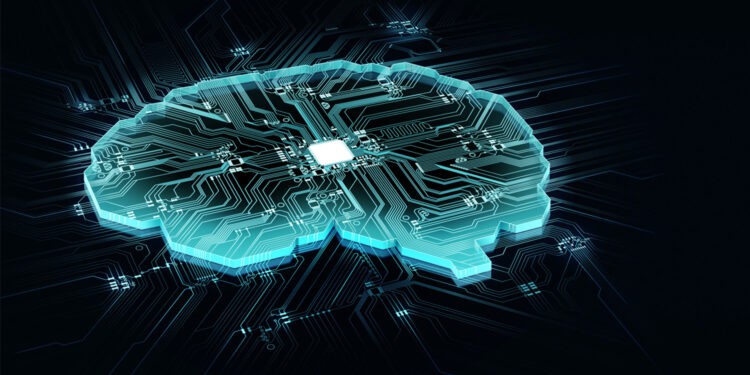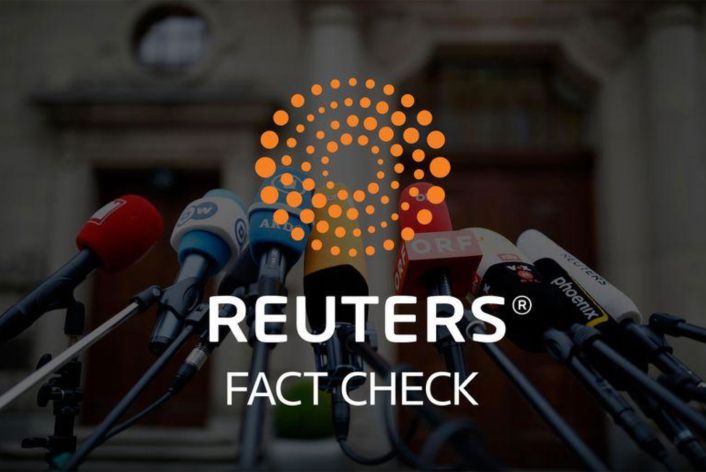Putin: West dominating AI industry, Russia must step up
Putin says foreign LLMs are biased and ignore the Russian culture.
%2Favatars%2FEwuSxftyWaVt.png&w=96&q=75)
Sejal Sharma
Published: Nov 27, 2023 11:06 AM EST
CULTURE
Russian President Vladimir Putin
Wikimedia Commons
Get a daily digest of the latest news in tech, science, and technology, delivered right to your mailbox. Subscribe now.
By subscribing, you agree to our
Terms of Use and
Policies You may unsubscribe at any time.
In a call for domestic artificial intelligence models that reflect Russian culture and are trained on Russia-specific data, President Vladimir Putin said that “monopolistic dominance” of foreign AI models is unacceptable and dangerous.
Putin was speaking at the
Artificial Intelligence Journey 2023 international AI and machine learning conference, which took place in Moscow on Friday.
Listen to his full speech here:
Staking claim in the AI arms race
AI has become the central point of contention in the arms race between the United States and China, the most dominant countries in the development of the technology.
Last month, The Biden administration imposed more bans on importing US-produced AI chips to China. These bans are meant to inhibit China’s advancements from gaining technological advantage.
In the global dance of technological aspirations, Putin doubled on Moscow’s dreams of waltzing into the realm of AI supremacy.
However, the war in Ukraine has thrown a wrench into those plans. The conflict has caused an exodus of talent from the country and further pressure mounting after sanctions by the West, putting the brakes on its high-tech imports.
Putin acknowledged the turbulence at the conference. Despite the occasionally disconcerting ethical and social repercussions of emerging technologies, Putin declared that banning AI wasn’t an option.
Since it exploded on the scene last year, OpenAI’s ChatGPT has been banned in Russia.
New strategy for AI development
Putin announced that he’s about to nod to a fresh version of Russia's game plan for AI development. He's throwing down the gauntlet and announced that a new AI advancement bill will be signed. He has also called for a major boost in the number of supercomputers.
"This is critically necessary for the further development of generative artificial intelligence… In the very near future, as one of the first steps, a presidential decree will be signed and a new version of the national strategy for the development of artificial intelligence will be approved," Putin said at the conference.
Coming down on large language models that are “biased” as they have been trained in English, Putin said that these models sometimes ignore or cancel Russian culture, equivalent to “a kind of abolition in the digital space.”
According to
Stanford’s Artificial Intelligence Index Report 2023, American institutions produce most of the world’s large language and multimodal models (54 percent in 2022).
In a call to end their dependency on the West for technology, Putin said, “How can we make our country more efficient and ensure the happiness of all people? This is a question for artificial intelligence.”
 Just looked that up. That's just fukked.
Just looked that up. That's just fukked. Just looked that up. That's just fukked.
Just looked that up. That's just fukked.
 www.psypost.org
www.psypost.org


%2Favatars%2FEwuSxftyWaVt.png&w=96&q=75)
/2023/11/27/image/jpeg/7DGD9w05UB9DvtonUzPZemlhWUC1C0p6lfpNHePo.jpg)



